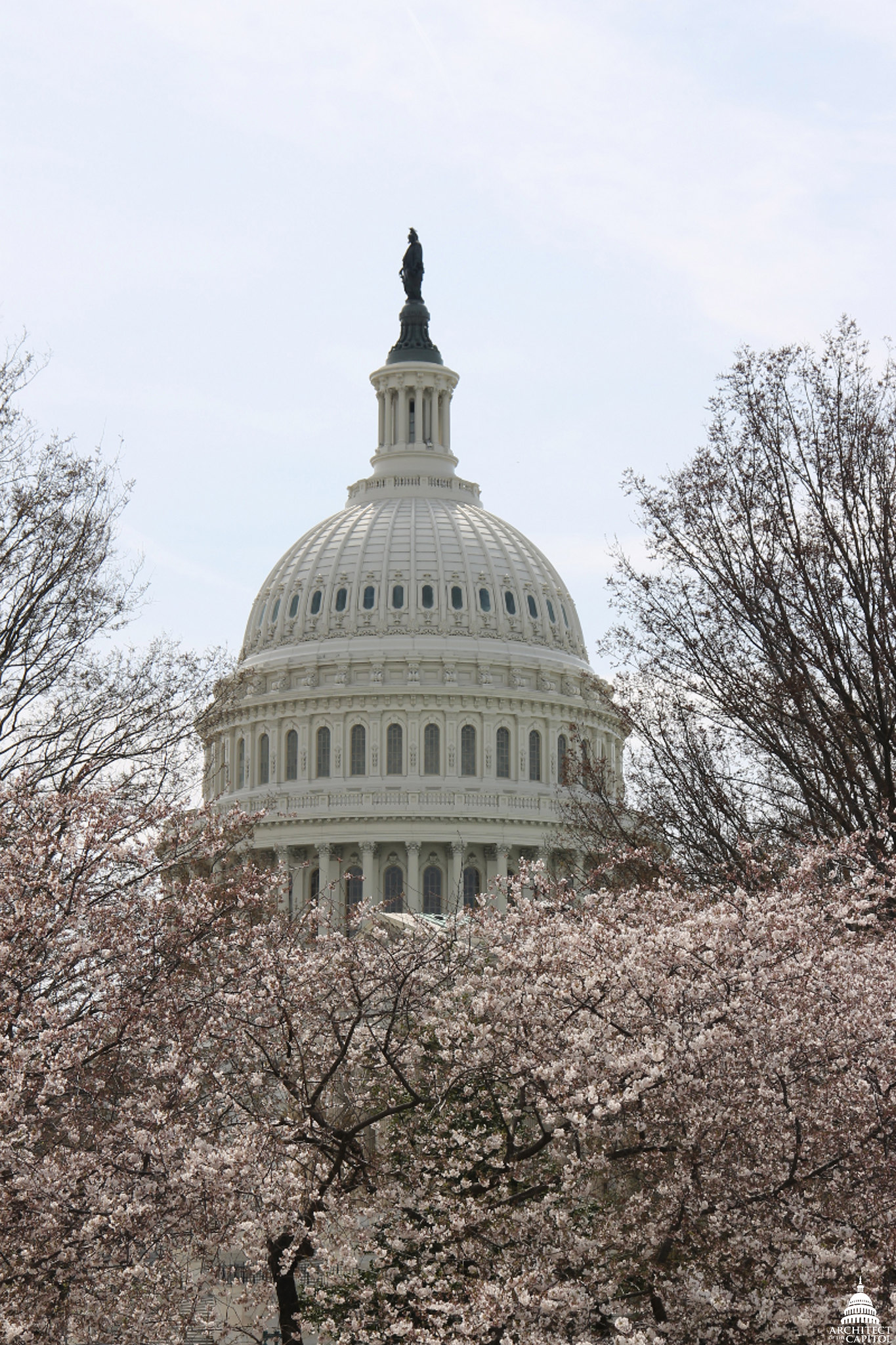Late in the evening on Wednesday, March 26, the Senate passed a historic, $2 trillion bipartisan package to provide economic relief and stimulus to the country, which is currently reeling from the COVID-19 pandemic. The Senate vote was unanimous and came after several days of intense negotiations between Democrats and Republicans over who, exactly, should receive aid. Thanks to Democratic leadership and public pressure from progressive organizations, including the Sierra Club and our allies, the package includes much-needed support for healthcare workers, hospitals, small businesses, families, and workers who have lost their jobs due to the pandemic.
The final package allocates billions of dollars to enhance health care institutions' response to the crisis, with $100 billion to directly support institutions including hospitals, Medicare, and Medicaid. $45 billion is directed to the Federal Emergency Management Agency Disaster Relief Fund to help state, local, tribal, and territorial governments respond to COVID-19. The package also includes funding for protective equipment, vaccine production, mental health services, and tribal health care system response efforts.
The bill provides important protections for workers and families, with $260 billion for extending and expanding unemployment insurance, $15.5 billion for the Supplemental Nutrition Assistance Program (SNAP), billions more for other nutrition programs, and over $8 billion for homelessness and housing assistance. It provides partial measures to relieve student debt, helps halt evictions and foreclosures, and provides for direct cash payments to households. Additionally, the package includes $400 million to help states better prepare for the 2020 election cycle amid electoral disruptions and growing uncertainty.
Leading up to the final vote on the bill, Democrats were able to use the Senate filibuster to prevent Senate majority leader Mitch McConnell’s package from moving forward with toxic provisions that prioritized corporate polluters. Despite fierce pressure to deliver a stimulus package before the markets reopened on Monday, Democrats voted to reject McConnell’s initial offer. Instead, they revised the bill to better aid families and workers.
Among the improvements that Democrats were able to make was the overall defeat of vast amounts of funding (with little oversight) to polluting industries. First, the final version of the bill removed a provision to purchase $3 billion of oil for the Strategic Petroleum Reserve, which would have propped up an already highly subsidized fossil fuel industry. Second, Democrats obtained guardrails on aid provided to the airline industry, by adding conditions to the $50 billion allotted that included placing limits on executive compensation and prohibiting stock buybacks. Third, the revised bill prevents businesses controlled by the president, vice president, members of Congress, or the heads of executive departments from receiving loans or investments from Treasury programs—a crucial provision that heads off conflicts of interest.
Although the bill still includes the worrisome creation of a $454 billion fund for emergency recovery of “eligible businesses,” Democrats won improved transparency and oversight. A “secret bailout” provision was also removed that would have allowed payments to corporations to be concealed for six months. We’ll be watching closely to ensure polluting corporations aren’t allowed to exploit these funds with impunity. And we will work closely with our labor allies to ensure that any companies benefitting from such funds implement high-road labor standards that protect workers.
Although this stimulus includes hard-earned aid for vulnerable workers and families, it still has portions that are evidence of this administration’s ambition to put the profits of corporations over the well-being of Americans. The administration refused to honor the request of nurses and other health workers for guaranteed funding for urgently-needed masks and protective equipment. The administration’s failure to guarantee something so basic as life-saving masks is unconscionable and we will fight alongside our allies to ensure that the workers who protect us are themselves protected. In addition, some of the health and economic relief provisions exclude most immigrants, while paid sick leave commitments still do not cover all workers. We will support our allies in pushing for future stimulus bills to deliver health and economic security for all.
A prohibition on utility shutoffs and utility bill aid for low-income individuals was not included in the final Senate package, despite the critical need to maintain household water services so people can wash their hands and prevent the spread of the virus. Debt collectors can still disconnect or terminate water or sewer service during this time, and there is an acute need for aid to help families pay for these services. No person in the US should be forced to live without access to safe and clean water, let alone during a global pandemic. It is essential that future COVID-19 stimulus-response bills include a water-shutoff prohibition that extends through the duration of the crisis.
In recent days, the Sierra Club and over 500 allies have advocated for policy that aligns with five principles for a just stimulus. These principles include prioritizing health for all; providing economic relief directly to the people; rescuing workers, not corporations; making a down payment on a regenerative economy; and protecting our democratic process. The Senate package delivered on many of these goals, but the fight to determine the priorities of forthcoming stimulus packages is far from over.
We can expect to see a fourth stimulus package in the coming weeks. In any new stimulus, we will continue to fight for funding to support health and economic relief for all, accessible transportation, climate progress, and clean energy industries. The Sierra Club will advocate for legislation that creates family-sustaining jobs by building resilient, green infrastructure, and for measures that increase funding for voting reforms to strengthen the political voice of the people. As always, we will continue to fight against any bailout for corporate polluters and seek funding to protect our environment and help vulnerable communities. Our response to one existential crisis must not fuel another.
